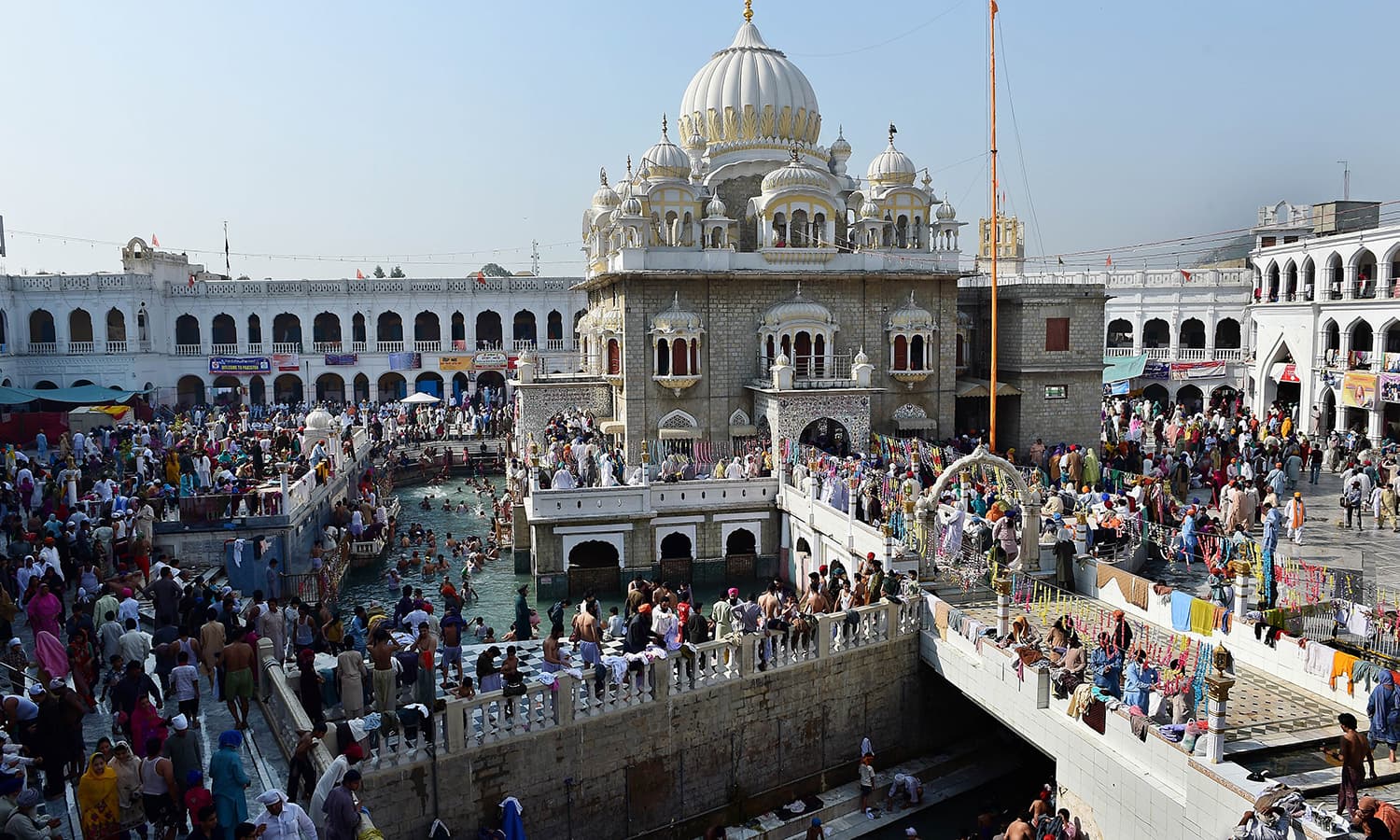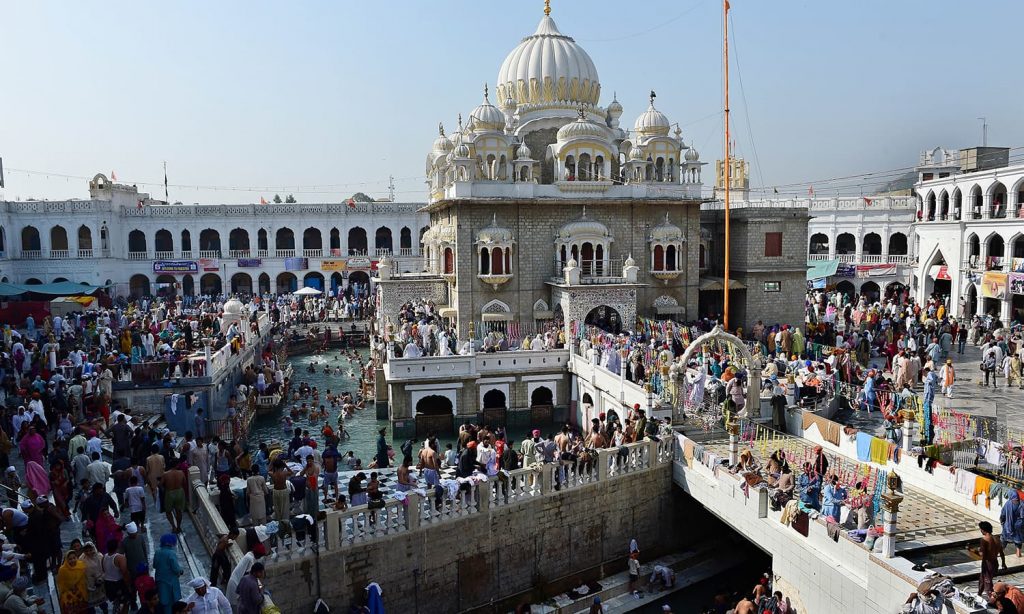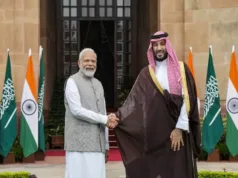

India has lodged a strong protest with Pakistan over a block of access for visiting Sikh pilgrims to Indian diplomats and consular teams. A Jatha of around 1800 Sikh yatris has been travelling in Pakistan from April 12, under a bilateral agreement on facilitating visits to religious shrines.
According to MEA release, a standard practice has been that the Indian High Commission’s consular/protocol team is attached with visiting pilgrims, to perform consular and protocol duties, like helping out in medical or family emergencies. However, this year, the consular team has been denied access to Indian Sikh pilgrims. The team could not meet the pilgrims on their arrival at Wagah Railway Station on April 12. Similarly, it was denied entry into Gurdwara Panja Sahib on April 14, for a scheduled meeting with pilgrims there. The High Commission was thus prevented from performing basic consular and protocol duties for Indian citizens.
Moreover, on April 14, the Indian High Commissioner to Pakistan, who was to visit Gurdwara Panja Sahib at the invitation of the Chairman of the Evacuee Trust Property Board (ETPB), was suddenly asked to return while en route to the shrine, for unspecified ‘security’ reasons. The High Commissioner, who was to greet Indian pilgrims on the occasion of Baisakhi, was thus compelled to return without meeting Indian citizens.
In January, Pakistan accused India of blocking visas of 192 Pakistani pilgrims from visiting the shrine of Nizamuddin Auliya in Delhi. Referring to this, Pakistan said, “It is ironic for the Government of India to accuse Pakistan of violating the 1974 Protocol on Visits to Religious Shrines, whereas it is the Indian Government that has, in clear violation of the Protocol, twice within this year denied visas to Pakistani pilgrims on occasions of Urs of Hazrat Nizamuddin Auliya (R.A.) and Khwaja Moinuddin Chishti Ajmeri (R.A.) and scuttled at least three visits of Sikh and Hindu pilgrims to Religious Shrines in Pakistan since June 2017.”
India has lodged a strong protest with Pakistan against this inexplicable diplomatic discourtesy, pointing out that these incidents constitute a clear violation of the Vienna Convention of 1961, the bilateral Protocol to visit Religious Shrines, 1974 and the Code of Conduct (for the treatment of diplomatic/consular personnel in India and Pakistan) of 1992, recently reaffirmed by both countries.








